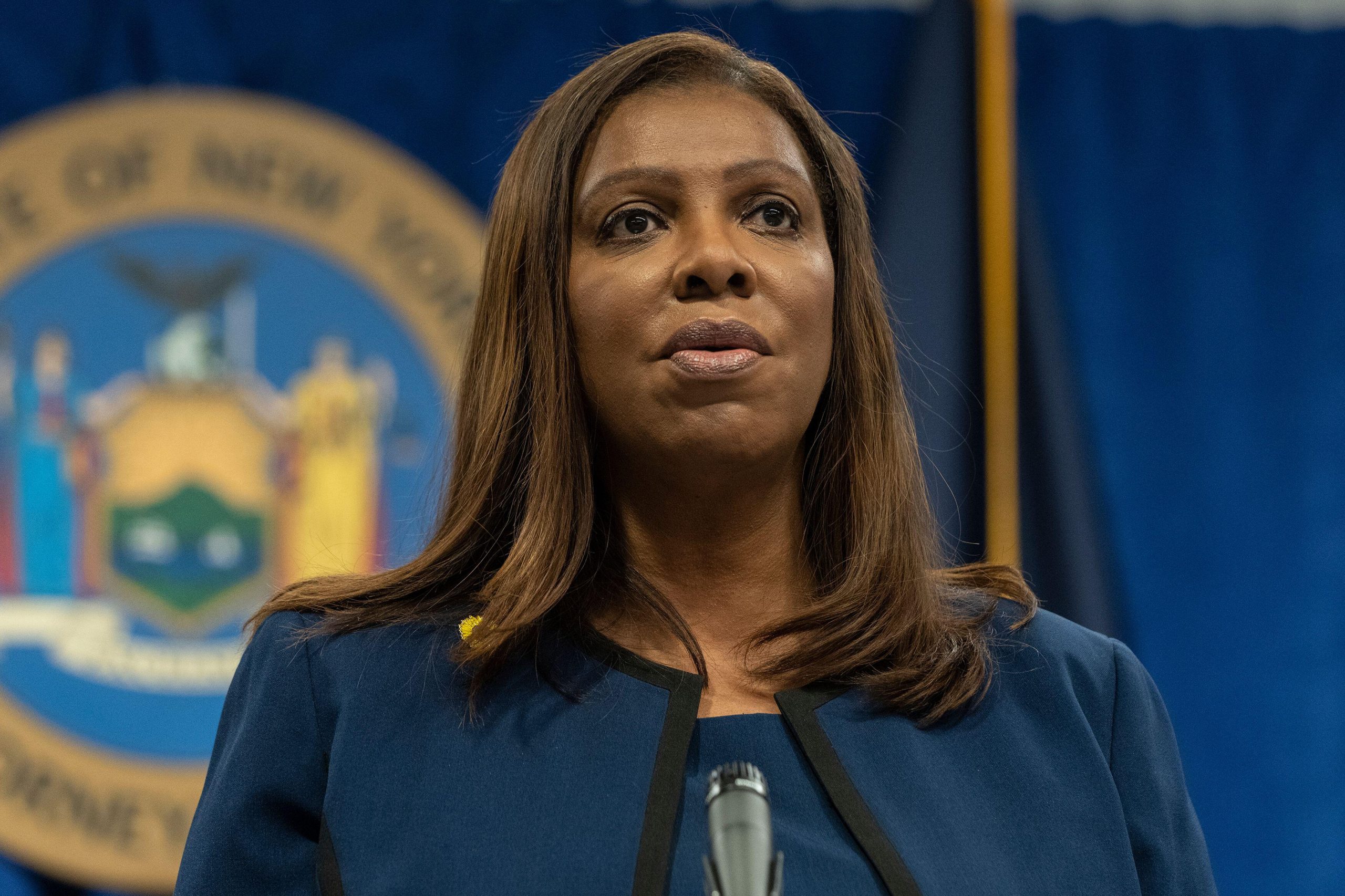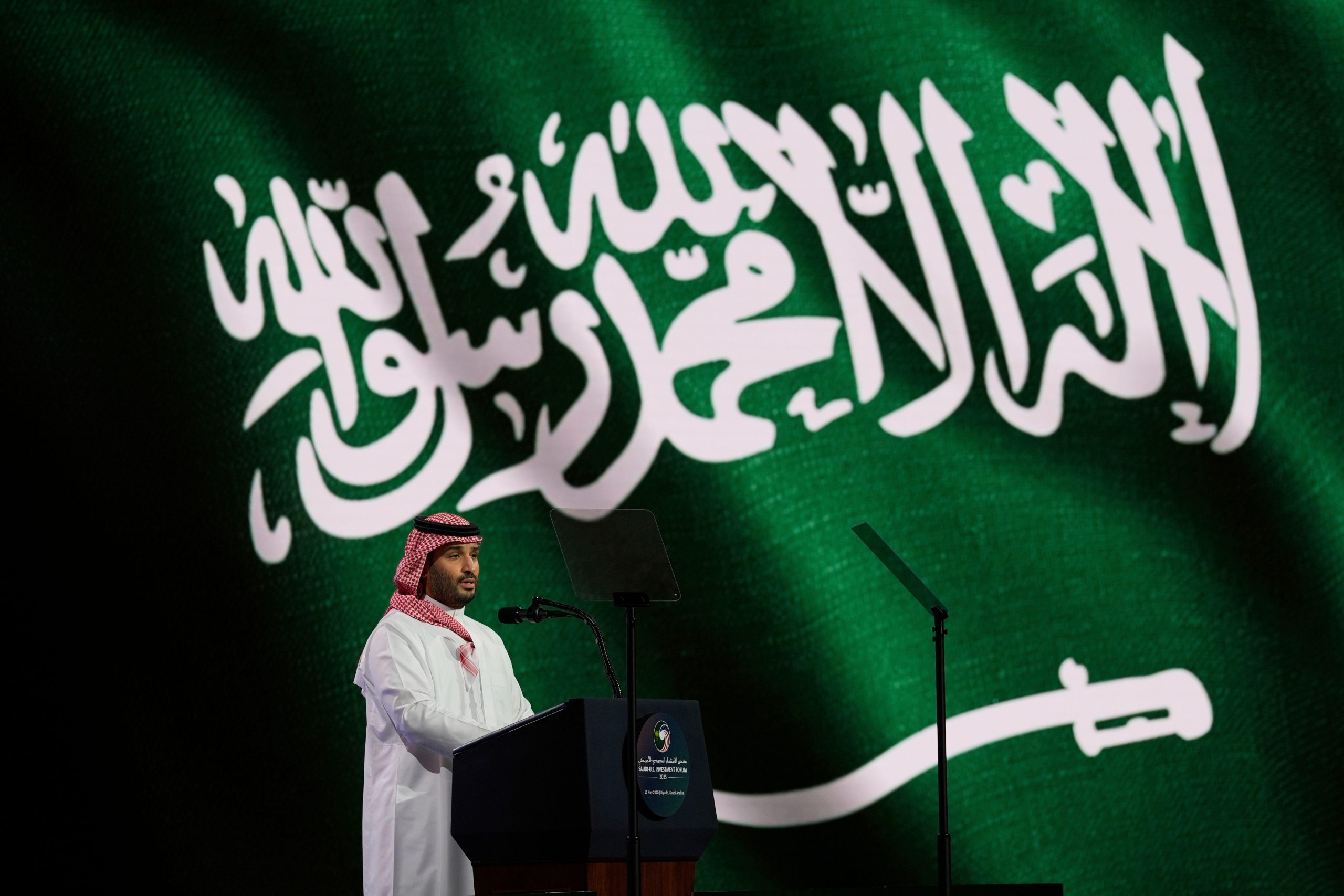 On 14 February 1989, Ayatollah Khomeini of Iran declared a death sentence on novelist Salman Rushdie after the publication of The Satanic Verses. Twenty years on Lisa Appignanesi, recalls how a ground-breaking, visionary novel was hijacked and transformed into an international political cause
On 14 February 1989, Ayatollah Khomeini of Iran declared a death sentence on novelist Salman Rushdie after the publication of The Satanic Verses. Twenty years on Lisa Appignanesi, recalls how a ground-breaking, visionary novel was hijacked and transformed into an international political cause
Plus: Bernard-Henri Lévy says the fatwa marked a retreat from tolerance
Kenan Malik on why Rushdie’s critics won the war
Peter Mayer on how Penguin faced down the threats
Malise Ruthven describes a political storm
Salil Tripathi says religious offence stifles debate
It is August 1988. I am lying in the sun on a Mallorcan hilltop. Behind me the children and their cousins are cavorting in a pool, but all my attention is on the proof copy of the book in front of me. It is by a writer whom I’m proud to call a friend. His last two novels, Midnight’s Children and Shame, have blown me away. They’re a striking blend of the visionary, the realist and the mock heroic. They marry the social and historical breadth of a Tolstoy, the comic élan of a Dickens with the political astuteness and ironies of a Günter Grass. But the voice is racy, colloquial and all his own. It often has me in stitches. Rushdie is the satirical stand-up of the lie-down-to-read novel. His metaphors transport and play in a language which works its way into your inner ear and carries on sparking and tickling. The English language has never been used quite like this before. Nor has the literary imagination. I know. I’m a serious, youngish literary woman and I’ve read rather a lot.
In fact, Salman Rushdie is unique. And for me, coming as I do from the northern reaches of empire in Canada, his subject matter is unique, too. Paul Scott apart, I have never been inside the mind and times of characters who have been shaped within that vast bit of geography which is India and Pakistan, let alone the forces that connect it to Britain.
And now, as I read under the Mallorcan sun, I’m tumbling from the sky towards the English Channel with two singing men. A jet has exploded 29 thousand and two feet above the ground. I’m not in Paradise Lost falling with that brazen angel, Lucifer, towards devilish fires, but with Gibreel Farishta, an overblown Bollywood deity and his bowler-hatted companion, ‘buttony pursed Mr Saladin Chamcha’, two of a group of brownish migrants and their wives, who have been ‘grilled by reasonable, doing their job officials about the length of and distinguishing moles upon their husbands’ genitalia’. Floating alongside them through the skies, there are not only the remnants of the plane, but ‘the debris of the soul, broken memories, sloughed-off selves, severed mother-tongues, violated privacies, untranslatable jokes, extinguished futures, lost loves, the forgotten meaning of hollow, booming words, land, belonging, home’.
I know, as I read, that I’ve entered a brilliant metaphor of the immigrant experience. To be torn asunder and born into new, sometimes monstrous and humiliating forms is what migration can impose. Tumbling through the air, our heroes engage in a process of metamorphosis. Chamcha grows horns, Farishta a halo. His song –– ‘O my shoes are Japanese/These trousers English, if you please./On my head red Russian hat; my heart’s Indian for all that’ — expresses his multiple being. Hybridity is the name of the contemporary game: there are no single pure identities, however some false prophets and demagogues may long for them.
Along with the racism of the host country, this has long been Rushdie’s subject. His televised attack on racism in Britain is already legendary, and on the platforms of London’s Institute of Contemporary Arts, where — when I’m not holidaying — I work, he has often evoked the hybrid life of the migrant and those ‘imaginary homelands’ so many carry within themselves. (Colour is not the necessary precondition here: in one event when he challenged the largely white ICA audience to put up their hands if they thought of themselves as English, only three hands went up. Their owners were quick to add that they were half Welsh or had a Scottish mum.)
I read the epic, phantasmagoric saga of Gibreel and Saladin in this vein. The book seems to me to be an excoriating portrait of the glittering, populous, but rotting hulk that is Thatcher’s Britain: its surreal flights are the hyperbolic comedy which exposes the tragedy that displaced people –– immigrants, refugees, expats –– too often live.
In that first reading, at first I don’t realise that Shaitan is Satan. It also takes me some time to realise that the city of Jahilia, built entirely of sand, and the businessman turned prophet Mahound are not only figments of Gibreel’s hallucinatory dream, but an imaginary recreation of the birth of Islam and an interrogation of the place of the poet and revealed faith. I’m an ordinary westerner, after all, and largely ignorant about matters Muslim. What I think of when I reach for literary comparisons is Joseph Heller’s biblical comedy God Knows, which has come out not so long before and in which an irrepressible, fast-talking David querulously waits for God to apologise for his teeming wrongs. I like big, inventive, daring books which make us see and think the world afresh. This is what literature is for.
I am hardly prepared for the events of the coming months and years. Nor were any of Rushdie’s first reviewers.
By the time some 7,000 Muslims marched through the small northern town of Bolton on 2 December 1988 and torched a copy of The Satanic Verses, the book had already been banned in India and apartheid South Africa (which had also had the dubious honour of banning Black Beauty and obviously took pride in liberal doses of censorship). The book had also won the Whitbread best novel prize.
In India, The Satanic Verses fell into the troubled waters of communitarian strife and underwent the first of its own many metamorphoses. It became a cudgel to wield against those who might be deemed to insult Islam: viz the Hindus and a liberal, English-reading elite.
The man who brought the ‘insulting nature’ of The Satanic Verses to then Prime Minister Rajiv Ghandi and the Indian Finance Ministry’s attention was the Muslim fundamentalist MP Syed Shahabuddin. In a letter to the Times of India (13 October 1988), he was proud to announce that he had neither read the book nor had any intention of doing so. Not unlike Mary Whitehouse in Britain, who had long campaigned against ‘smut’, he had no need ‘to wade through a filthy drain to know what filth is’. Nor did Shahabuddin and his like-minded peers feel their grievance against the ‘intelligentsia’ in any way appeased when in that same month the Nobel Committee awarded the prize for literature to the Egyptian writer Naguib Mahfouz: the Arabic language, the language of the Quran, it seemed, did not have the same political impetus as English. The Empire was striking back.
The telephone lines between India and Muslim leaders in the north of England were busy during those autumn weeks. And if the British media were not as alert to the Bolton protest as they might have been, by the time of the Bradford book burning on 14 January 1989, the cameras were in place.
I watched those images of the book on the pyre with a sense of disbelief. Like so many, I felt a prickle down my spine. Heine’s words – ‘There where books are burned, they will ultimately burn people’ — came to mind. The only book burnings I had ever seen images of were conducted by the Nazis back in 1933. Heine’s books were amongst those thrown into the flames. Ironically, Heine had written these words in a condemnatory reference to the burning of the Quran during the Spanish Inquisition.
The faces of the people who conducted the burning of The Satanic Verses in Bradford were mostly young and, as far as I was concerned, thoroughly British. They looked, and in many instances were, the same people who had marched and rocked against racism. Amongst their kin who went to the huge demo in Hyde Park on 27 January 1989 and petitioned Penguin, the book’s publishers, I knew several. None were particularly pious. Nor had many ever read the Quran. But politics were shifting and new loyalties were beginning to be forged around religion and indeed secularism. New loyalties were being
forged around religion and secularism Britain had Pakistanis and Bangladeshis, Saudis and Algerians, and, of course, that then current catch-all of ‘blacks’. But we had never before thought of Muslims as a contemporary category with political implications. Nor had many of the ‘Muslims’ I sat on panels with: several were quick to point out that the word ‘Muslim’ covered a huge variety of people and conflicting interests and they were eager to distinguish between Islamism, a political ideology, and belief. But faith was quickly acquiring a political configuration in Britain, as it already had elsewhere. The unabating racism which Rushdie had so pungently attacked and evoked in the pages of The Satanic Verses fuelled the shift.
Demands from newly prominent and often enough self-appointed Muslim leaders to extend the dusty British blasphemy laws to cover Islam and ban The Satanic Verses now became vociferous. In January, the then Home Secretary Douglas Hurd had to announce that the government had no plans to change them. On secular fronts, a call to ban the blasphemy laws was hardly new: but it now became even clearer that a plural society could not give a single religion a privileged status without enflaming divisions.
Meanwhile, the global dimensions of the Satanic Verses affair were exposed. Few –– even amongst the ‘Muslim’ protesters –– might initially have been alert to the direct links between India, Bolton and Bradford. But as the riots in Islamabad, where six were killed, and in Kashmir, where over a hundred were injured and one died, were unleashed, the symbolic potential of a British book so very few had read took on a terrifying reality. When, on Valentine’s Day 1989, the ageing Ayatollah Khomeini, whose star was fading after the disaster of the long Iran-Iraq war, strategically declared his fatwa, that killing review of Rushdie and his publishers, which was also a pre-emptive strike for his brand of revolutionary Islam, the nature of our
global village stood revealed.
Bangladesh, Sudan and Sri Lanka had already banned the book. After the fatwa, Indonesia, Tanzania, Singapore, Kenya and Thailand followed. In the coming years, the arrival of the worldwide web would consolidate the forces those months had signalled. The response to the Danish Mohammed cartoons is one of several recent examples.
Twenty years is a long time. Yet I still viscerally remember the openmouthed astonishment that attended the fatwa and the subsequent pervasive anxiety. Fear was everywhere. Foreign government hit squads were on their way, by Special Branch assessment, which is why the Thatcher government stepped in to protect Rushdie. Penguin erected barricades and airport-style screening facilities. When we held a conference at the ICA to debate and examine the fatwa and the current situation, we were told not to advertise and to screen the public. A year later, when Harold Pinter delivered Rushdie’s memorable fatwa-anniversary lecture ‘Is Nothing Sacred’? from the ICA stage, security had to be redoubled and Special Branch was at hand.
The Iranian president was not the only one to ask that Rushdie apologise. Several leading British writers called for the same and thought he had grown too big for his writing boots. What was a mere novel in the face of offended religion, let alone a storm of rioters? Others, and they were many, disagreed; the writers of English and American PEN prominent amongst them. Harold Pinter led a delegation to Downing Street. Soon a Rushdie Defence Committee was established under the auspices of Article 19 and eventually the leadership of the indomitable Frances D’Souza.
What many did not realise at the time was that we had entered a new political era. Apology was not what it was about. When Rushdie offered one on 19 Febrary, Iran quickly rejected it. Everywhere, cultural and religious identities –– and these, whether they’re Christian, Hindu, Muslim or Jewish, are hardly equivalent to personal faith –– were beginning to take precedence over other kinds of political groupings. With the toppling of the Berlin Wall, the end of communism and the Cold War, this became even more emphatically the case.
Cultural identities need symbols and these were in short supply. The Satanic Verses, and where one stood in relation to its imaginative enterprise and its author, provided one such. For protesting Muslims, the name of the book became a banner to wrap around a sense of grievance and victimhood and consolidate an ‘offended’ identity. For others and for many writers, The Satanic Verses became another kind of marker. Did we want to live in a world where creative freedom and free expression were subject to the whims of distant clerics and those who wanted to burn books? Or did we want to stand by those hard-won freedoms that underpinned an open society? I knew where I stood. So did writers from around the world, from Edward Said to Susan Sontag to Mario Vargas Llosa to Naguib Mahfouz who spoke in defence of Rushdie and free expression.
Many who as hot-headed youngsters participated in the Bradford moment have changed their minds radically and are now keen to defend that freedom too. Regimes that curb speech rarely stop the curbing at the single point that any single group or individual finds ‘offensive’.
Rushdie’s personal plight during those months, which extended into ten long years, is all too easily forgotten or reduced to media wisecracks. People connected with The Satanic Verses were being attacked and murdered. Bookshops in the US and the UK were being bombed and attacked. In 1993, the hotel where Turkish intellectuals were taking part in a conference, which included Rushdie’s translator, was torched and 37 died.
To be transformed from being simply a writer to a man on the run, effectively a hostage, whom a good part of the world wants to kill, is hardly easy. Nor is being told by some of your peers that your writing has deliberately perpetrated violence, when what you have done is what all writers do: use your imagination to arrive at various kinds of truths. Then, too, no writer knows quite how a book will be read or, as in this case, used. And used The Satanic Verses was: it became a political football not only for Muslims protesting against the British establishment, but for Shias against Sunnis, Indian Muslims against Hindus, politically correct multiculturalists against upholders of the First Amendment.
Some of this only became clear to me when, after an ICA conference in March 1989 on the the Satanic Verses affair, Sara Maitland and I decided to put together a document to chronicle what had happened and how it had been reflected upon around the world thus far. The publication of The Rushdie File itself became part of the story of the times. Harper Collins had commissioned it, but when it was delivered, took fright and changed its mind. To follow in the footsteps of Penguin and live behind barricades was not what its incoming chief executive wanted. A small new publisher, Fourth Estate, bravely stepped into the breach.
The cover copy I wrote for the volume stands as a signal of how much that is part of our contemporary climate began with the Rushdie affair.
‘Salman Rushdie’s The Satanic Verses has provoked a furore of global dimensions. It has also firmly placed on the cultural agenda a series of basic questions to which writers, thinkers, politicians — all of us — have been stirred to respond. How do we cope with the competing freedoms of expression and religion? What are the limits of liberalism, the threats of fundamentalism of whatever creed?’
Looking back over the distance of 20 years, certain things come into focus. In Britain, the Satanic Verses affair forced government, and indeed all of us, to attend to the inequalities in our midst, let alone the conditions in so many of our inner cities. Brown faces appeared increasingly in our media. Different voices, some strident, some sensible, were heard. If some of the multicultural policies that ensued — for example, the government’s hurry to
name ‘clerics’ as the spokespersons of the so-called and never unitary Muslim community — in the longer-term aggravated matters, resulted in partial ghettoisation, and gave too much power to religious hierarchies, it nonetheless brought new previously unheard groupings into the political arena.
In world politics, the furore over The Satanic Verses was symptomatic of the new forces that were coming into play. The later events of that astounding year marked the end of the era of communism and the Cold War. The Rushdie affair could have been an isolated incident but sadly it fell onto fertile ground where the new shoots of religious and cultural conflict were taking root. New alliances and power blocs were emerging. Their full fury would erupt over the Twin Towers when a real, not a fictional, airplane entered history.





